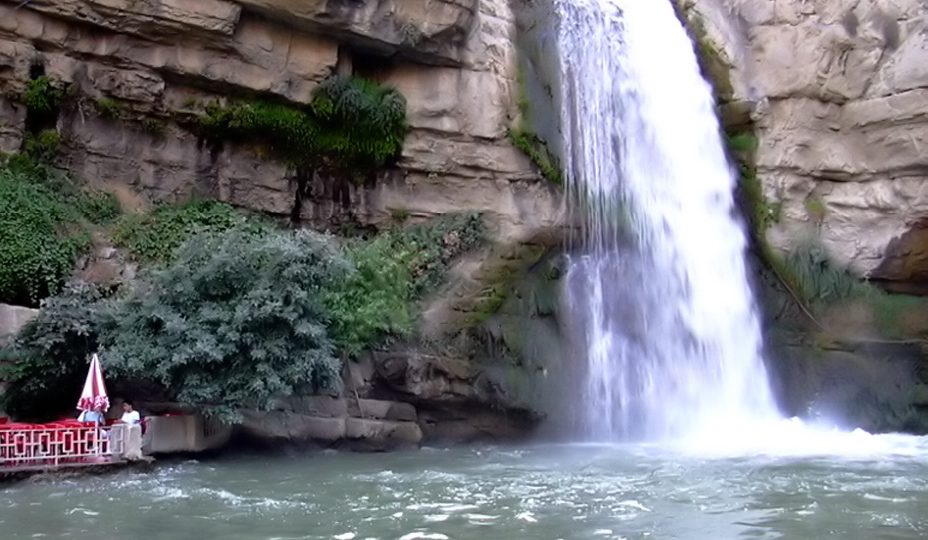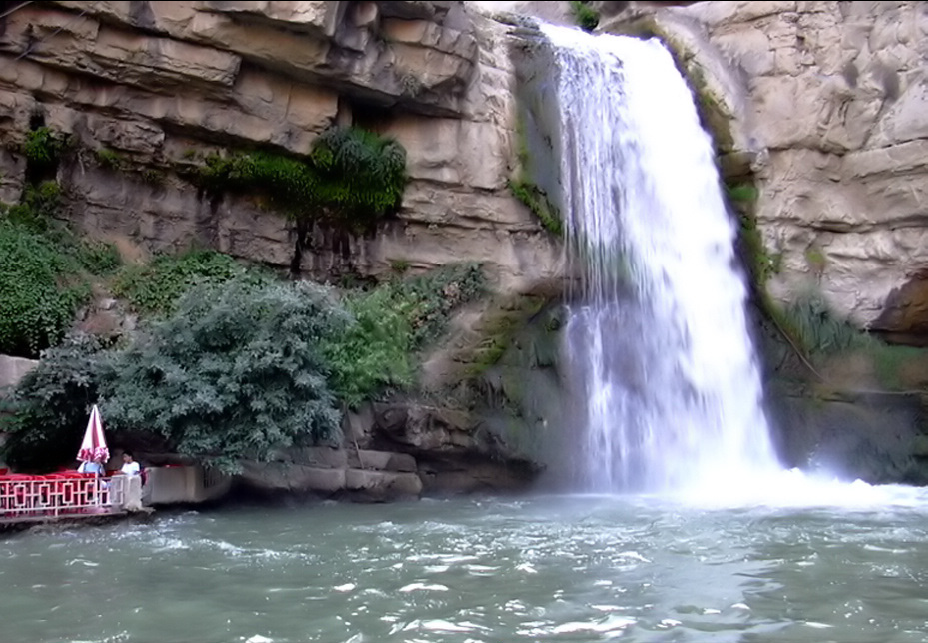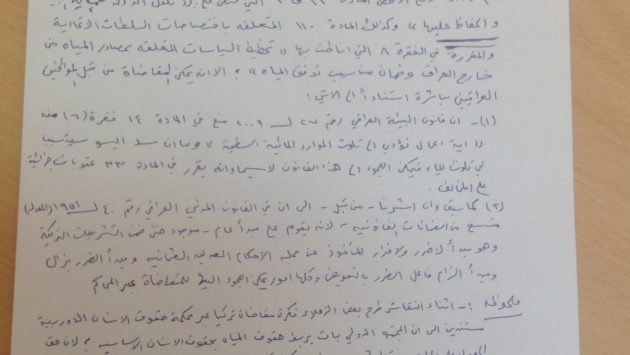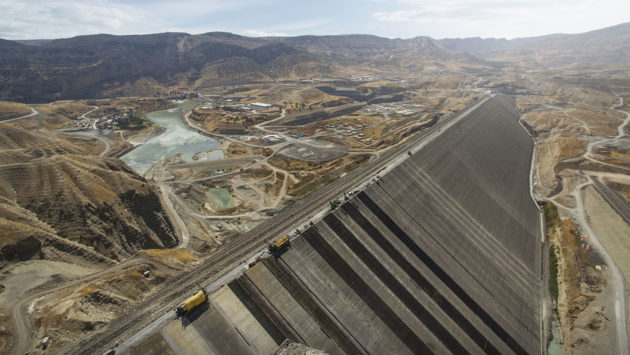Kurdistan Region of Iraq 2020 – A Vision for the Future: Water and Sanitation for a Growing Economy
Document released by the Iraqi Kurdistan Ministry of Planning, May 2015
Vision
Water security for all, and water and sanitation services that reach every home and supply every industry.
Water and Sanitation Today and in 2020
We are fortunate to have water resources throughout our Region, including such rivers as the Tigris, the Great Zab, the Little Zab, the Khabur, the Sirwan, and the Awa Sipi, along with rainfall and groundwater, including natural springs. Among our major rivers, almost 60 percent of the flow originates in our Region.
However, we do not have adequate estimates of our groundwater resources. In fact, we do not have a full study of our water resources, so we face a very high risk of mismanaging our water supplies and especially of depleting our groundwater. We will correct this situation in our quest to provide water security for the residents and businesses of our Region.
Numerous projects are completed or underway to improve water management and the clean water supply in the Region, including the development of a management plan for the Great Zab river basin, and new water treatment plants. Ninety-five percent of our urban households and 62 percent of rural households access drinking water through the general water network. In fact, fully 70 percent of our residents get their drinking water piped directly into their homes from improved sources. However, access to clean drinking water remains a key challenge for the Region, especially for rural areas. Only 25 percent of urban residents and 18 percent of rural residents report being able to access the general water network for more than 10 hours each day (Figure 2.2).
Periodic droughts negatively affect the Region’s water stores in reservoirs behind our major dams, and discrepancies between the governorates in levels of rainfall have led to serious shortfalls in some areas. Finally, even though much of our river water originates from within our Region, we are still susceptible to disruptions in water supply because some of it originates in other countries and parts of our Region experience low levels of rainfall.
Progress has been made in the provision of water for our growing population, but sewerage management in the region has not kept pace. Improvement to sewerage services will be a major emphasis through 2020, with benefits to the health of our population and the environment. Service in rural areas especially needs to be strengthened. In those areas, only 10 percent of our households are connected to the public sewerage network, and, subsequently, more than 50 percent have to use outside covered canals. There is a more extensive sewerage system in the urban areas, but still less than half of the urban population uses the public network and almost one third uses outside covered canals. The inequality in access to services between our urban and rural areas must be addressed.
Policy Priorities
Our focus through 2017 for improving water and sanitation services to residents of our Region will include the following policy priorities:
- Completing a full hydrological study of the Kurdistan Region. Such a study would assess both the quantity and quality of all natural water sources, including rivers, groundwater supplies, and aquifers to better understand groundwater potential, and would analyze water inputs, uses, storage, and flows. It would quantify rainfall and snowfall trends and patterns, runoff of this rainfall and snowfall into streams and groundwater, recharge rates into groundwater, evaporation rates from agricultural lands, irrigation channels, and other lands, and wastewater return flow, among other important categories. We expect that this study will provide the baseline on which we will determine all future management and investment decisions.
- Completing an integrated water resources management plan. Building on the hydrological study and on our work on management of the Great Zab river basin, we will make strong progress on the development of an integrated water resources management plan for the Region. This plan will help us develop and manage all our water resources to make sure we have the right quality and quantity of water for the health of the people and for agriculture, industry, and all other parts of our economy, while at the same time helping us sustain our ecosystems and environment. It will also help us design well-planned programs to attract local and international investment in the water sector. As part of designing and fulfilling this plan, we will strengthen connections among water-related institutions in the Kurdistan Region, and between those institutions and international institutions. We will disseminate public information to increase public awareness about water use and treatment so all residents of the Kurdistan Region can help safeguard this precious resource.
- Increasing access to clean water. We will continue our efforts to provide universal access to clean water, focusing on increasing access to drinkable water in rural areas and improving the quality of drinking water in both cities and villages. Our strategy for improving water access will entail five elements:
(1) estimating the amount of water leakage in the existing water transportation infrastructure and supporting investments to eliminate it;
(2) investing in water storage facilities to address seasonal fluctuations;
(3) upgrading water treatment infrastructure to international standards;
(4) expanding opportunities for private participation in water provision; and
(5) reforming the water tariff system to reduce waste and provide for cost recovery.
- Upgrading sewerage systems. To protect our environment and public health, the expansion of water access must be accompanied by investments in sewerage. We will develop a Regionwide sewerage plan to invest in treatment plants and infrastructure; make water and sanitation infrastructure an integral part of city planning; help residents of low density areas install and maintain septic tanks and expand infrastructure for refuse collection and treatment; create facilities to treat industrial waste; and introduce a system of municipal
taxes and user fees to pay for sanitation services.
So that we may not only protect the environment and public health, but also aid our economy, we intend that water treated by the new sewerage treatment plants will be recycled for agricultural purposes.
To read the full document: click here






